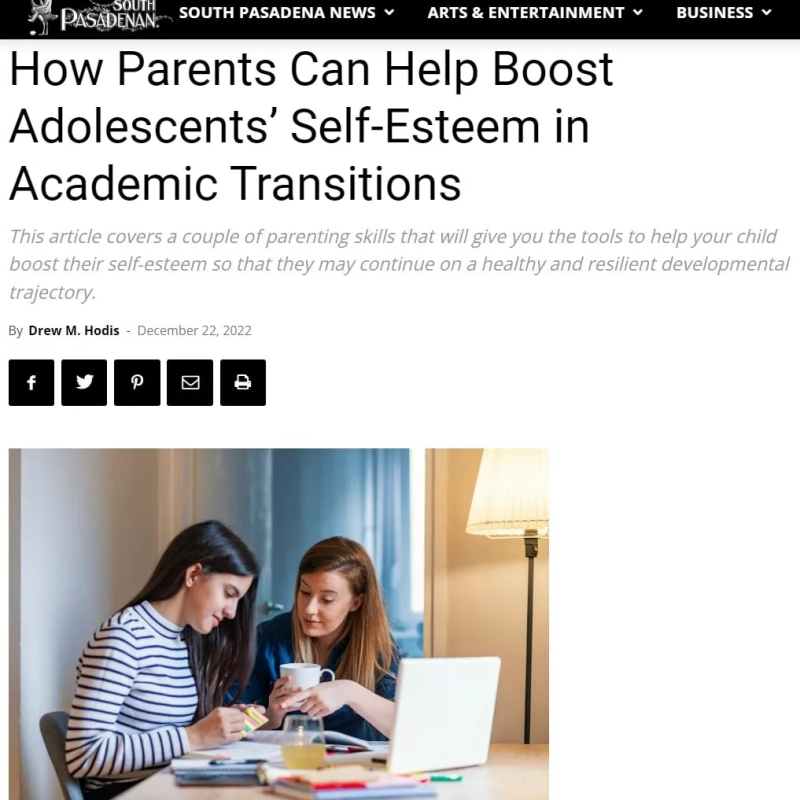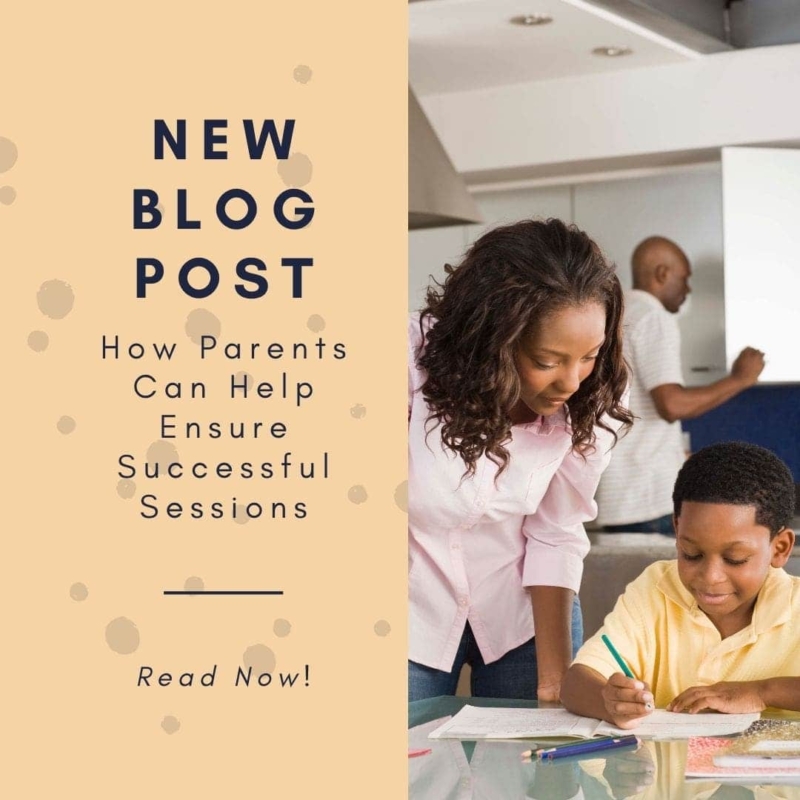Nurturing a child’s interest in music can be one of the most rewarding experiences for both the child and the parent. Music enriches children’s lives, enhances their academic skills, and boosts their emotional well-being. Parents play a crucial role in supporting young musicians. Here are some practical tips to help you encourage and guide your child’s musical journey.
1. Create a Musical Environment
Surrounding your child with music can inspire their interest and creativity. Play different genres of music at home, attend live performances, and encourage your child to explore various musical styles. Having musical instruments readily available, even simple ones like tambourines or keyboards, can foster a hands-on connection to music.
2. Provide Quality Lessons
Finding a skilled and inspiring music teacher is essential. Look for instructors who have experience teaching children and can adapt their teaching methods to your child’s learning style. Whether through a local music school or online lessons, ensure that the teacher provides a structured yet flexible curriculum that keeps your child engaged and motivated. Hodis Learning & Music’s expert music teachers have years of experience inspiring young musicians.
3. Set a Practice Routine
Regular practice is key to musical progress. Help your child establish a consistent practice schedule that fits into their daily routine. Short, focused practice sessions are often more effective than longer, less frequent ones. Encourage your child to practice regularly but avoid making it a source of stress or pressure (see more tips for motivating your child to practice).
4. Be Involved
Show interest in your child’s musical activities by attending their lessons occasionally, asking about their progress, and listening to them practice. Your involvement demonstrates that you value their efforts and achievements. Celebrate their milestones, no matter how small, to boost their confidence and motivation.
5. Encourage Patience and Perseverance
Learning an instrument requires time and effort. Encourage your child to be patient with themselves and to understand that progress comes with practice and persistence. Help them set realistic goals and celebrate their improvements, no matter how gradual. Teaching them to embrace challenges and learn from mistakes will foster resilience.
6. Foster a Love for Music
While technical skills are important, fostering a genuine love for music is equally crucial. Encourage your child to explore music they enjoy, whether it’s classical, jazz, rock, or pop. Allow them to choose pieces they want to learn and create opportunities for them to perform in low-pressure settings, like family gatherings or school events.
7. Provide the Right Tools
Ensure that your child has access to a good quality instrument that is appropriate for their size and skill level. Poor-quality instruments can be discouraging and hinder progress. Additionally, provide any necessary accessories, such as sheet music, metronomes, or music stands, to support their practice and learning. See also: choosing the right instrument.
8. Balance Music with Other Activities
While it’s important to encourage your child’s musical pursuits, it’s also essential to maintain a balance with other activities. Ensure they have time for schoolwork, hobbies, and socializing. A well-rounded routine helps prevent burnout and keeps their interest in music alive.
9. Encourage Peer Interaction
Playing music with others can be a highly motivating and enriching experience. Encourage your child to join a school band, orchestra, or local music group. Participating in ensemble playing helps develop teamwork skills, musicality, and provides a sense of community.
10. Seek Professional Guidance
If your child shows a serious interest in pursuing music, seek guidance from their music teacher or a professional musician about potential pathways and opportunities. They can provide valuable advice on advanced training, auditions, and even career options in music. For those pursuing music college, consider signing up for our Music School Preparation and Audition Training Workshop.
Takeaways
Supporting a young musician is a journey that requires patience, encouragement, and involvement. By creating a nurturing musical environment, providing quality lessons, and fostering a love for music, you can help your child develop their musical talents and enjoy a lifelong appreciation for the art. Remember, your support and enthusiasm play a vital role in their musical growth and overall development.





